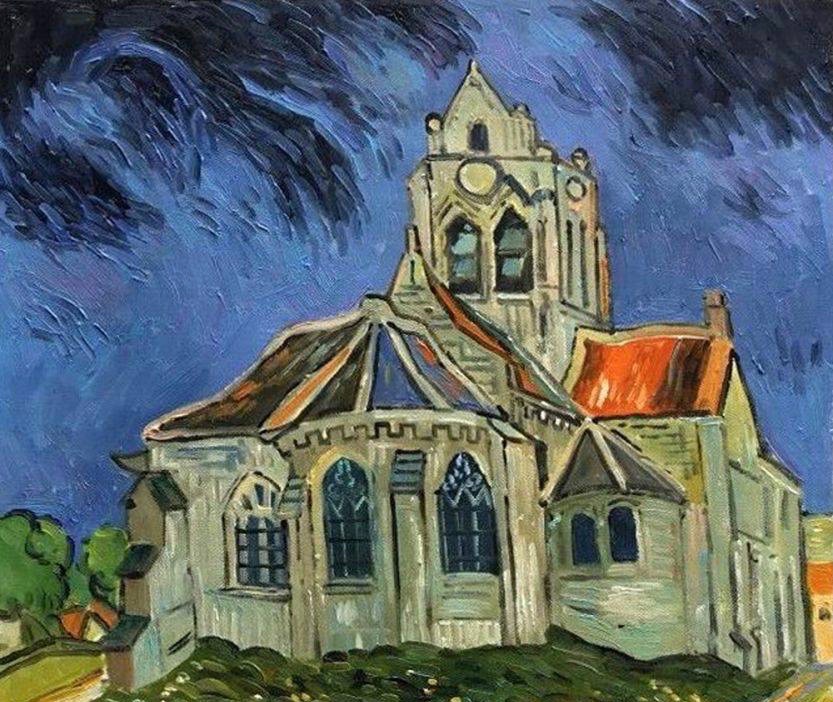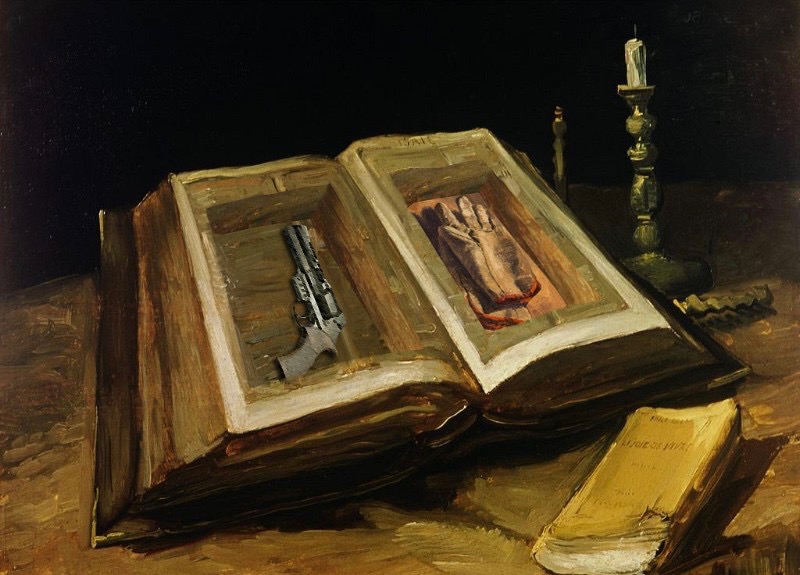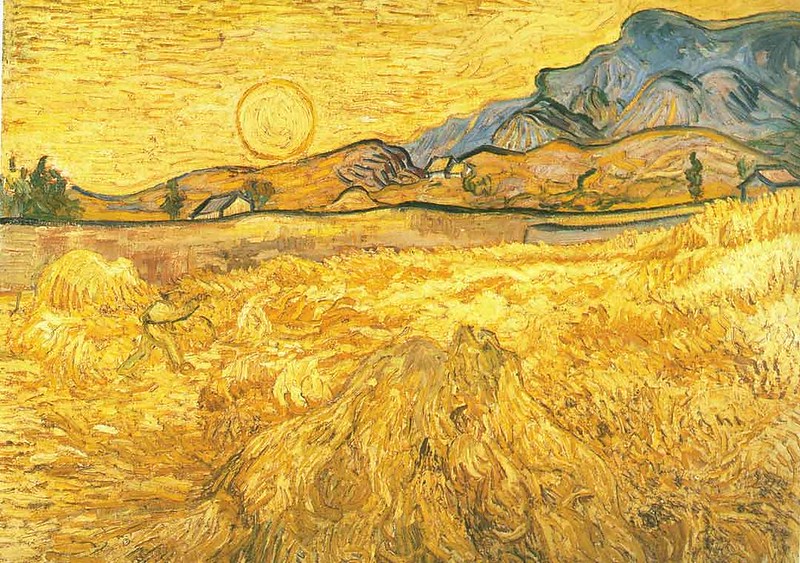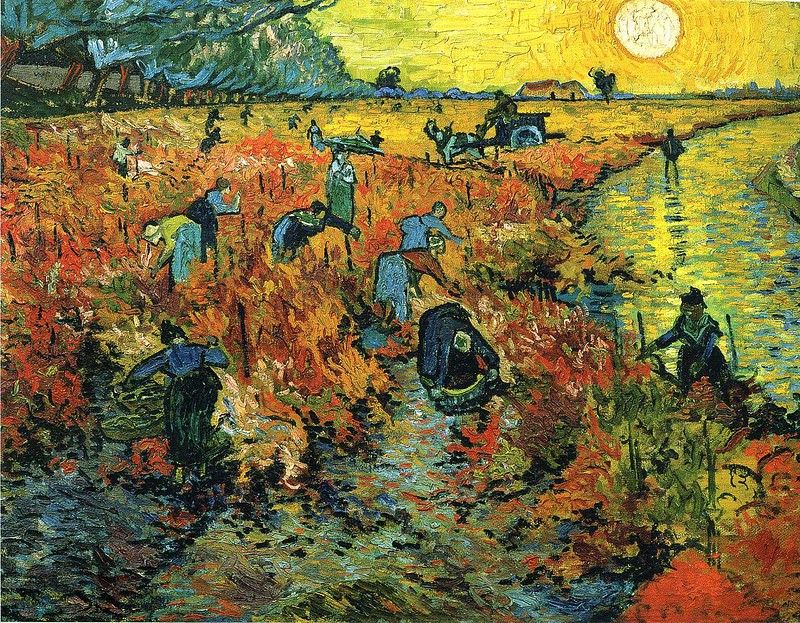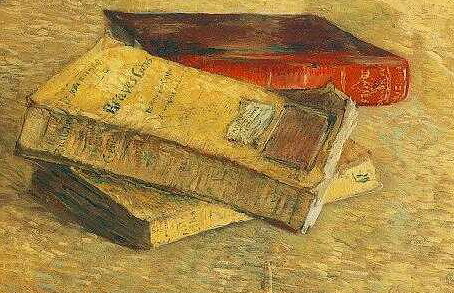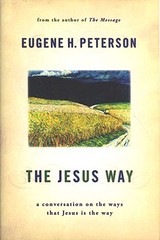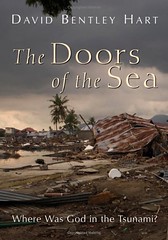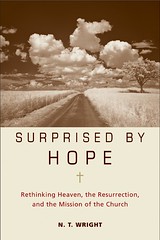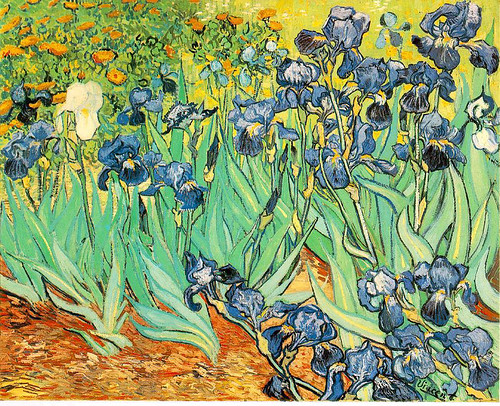Jesus’ Most Scandalous Parable
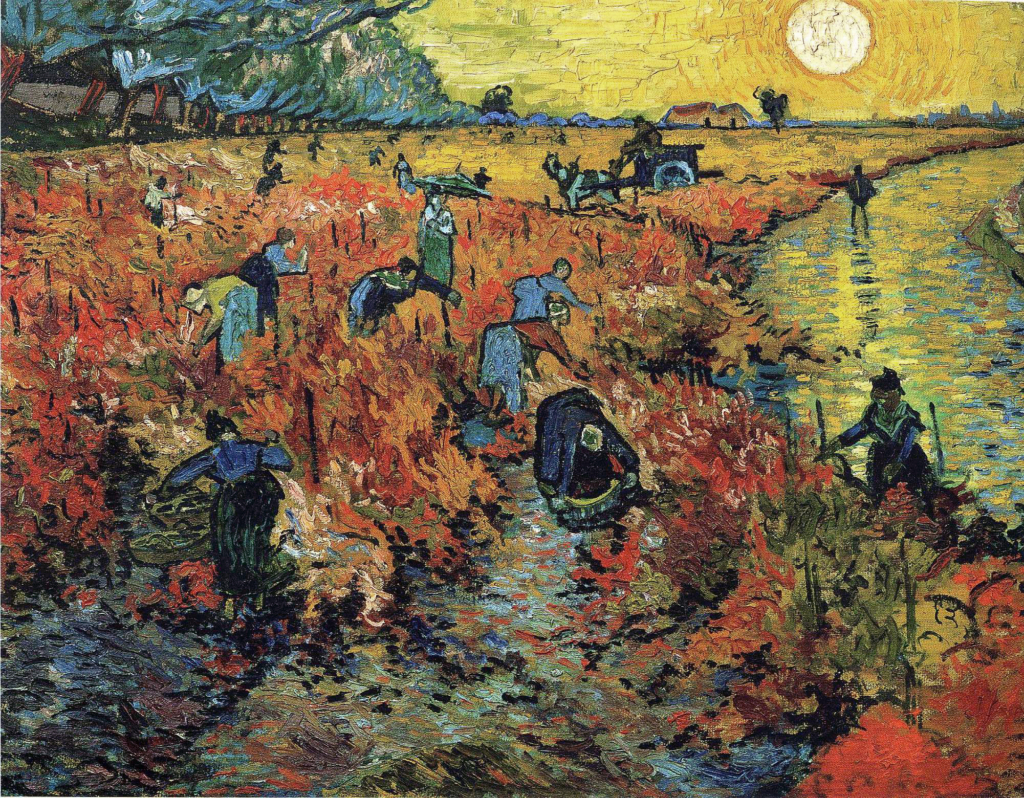
Jesus’ Most Scandalous Parable
Brian Zahnd
The parable of the laborers in the vineyard (Matthew 20:1-16) may be Jesus’ most scandalous parable — at least for Americans formed in the cowboy myth of rugged individualism. If told this parable came from anyone else, most American Christians would dismiss it as Marxist propaganda. But there it is, right in the middle of the Gospel of Matthew, a parable from Jesus featuring a radical egalitarianism that will no doubt offend the sensibilities of a convinced capitalist. What this parable reveals is how unlike the kingdom of God most of us tend to be in our thinking and especially in our economics. We are never more prone to put a softening varnish on Jesus than when he broaches the subject of money.
Read more
